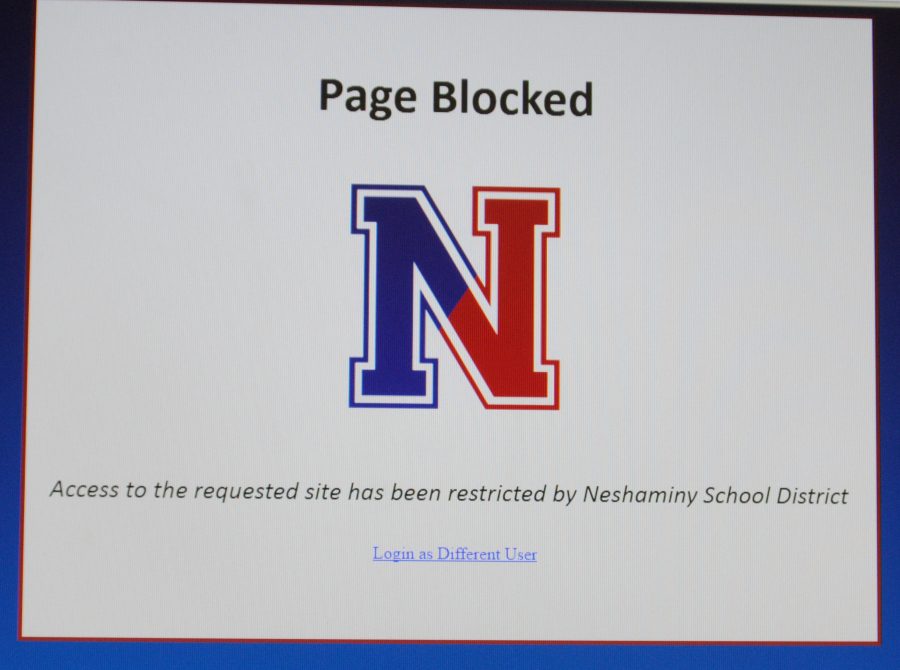The Viewpoint: Filtering information in schools protects students
The “page blocked” screen appears whenever a student attempts to access inappropriate content.
December 21, 2016
Over the last twenty years, the expansion of the internet has forced society as a whole to venture into uncharted terrain. The ability to access so much information with just the press of a button has allowed society become connected to the world around us like never before.
Education has been forever changed as students are now able to find knowledge about every topic for any class. But is it important that we hold some reigns when it comes to what students see as they seek that knowledge?
In 1999, the Children’s Internet Protection Act (CIPA) was passed. This requires schools that are qualified for federal E-rate funding to use web filtering to block student access to any sites that are “obscene, child pornography, or harmful to minors.” Sounding simple enough, it seems obvious as to why the internet should be regulated for students, however some believe that this impedes on their learning. The technology used to block certain sites is not completely accurate and, at times, denies access to some legitimate information, based on some of the keywords that they may contain.
The internet filters prevents students from coming across inappropriate search results. It is completely unnecessary for a child to be exposed to pornographic images at school if this can be avoided. Moreover, this allows that even when a teacher isn’t present, the students are always being monitored. Kids will be kids but they are still young and do not always fully understand what it is they may find. Finally, for students who may be actively searching for inappropriate content, the internet filters teach students how to be a digital citizen, and how to properly utilize the internet.
Besides all of the obvious points of protection, students in school need to be focusing on their school work, not surfing the internet. Students may complain about not being able to access their favorite YouTube videos at school but, there really is no reason for them being able to access them at school.
The fact of the matter is that filtering is a part of life, just like the rotten fruits and vegetables that we don’t feed our children, the inappropriate content should be removed from the learning environments of students.


